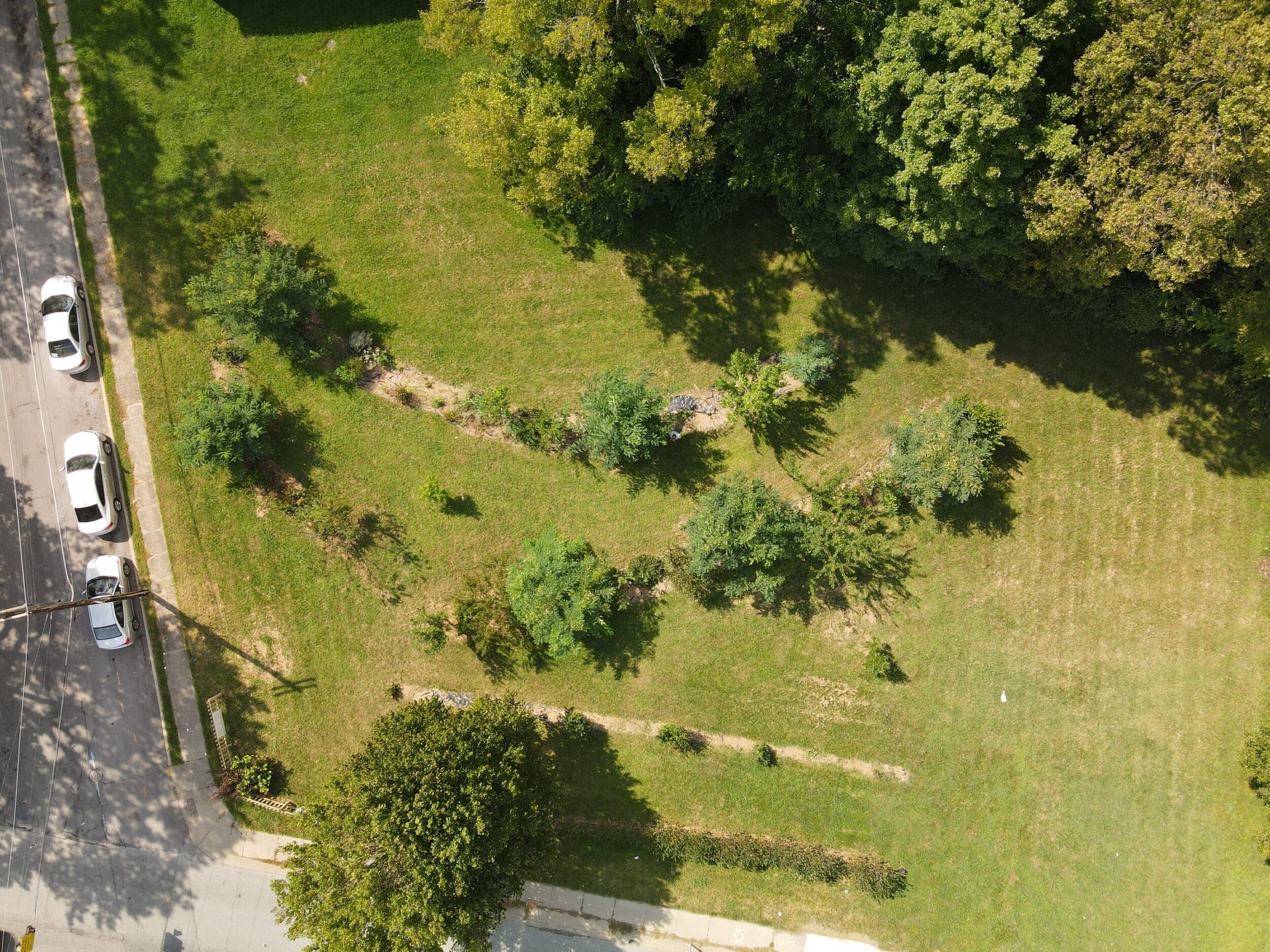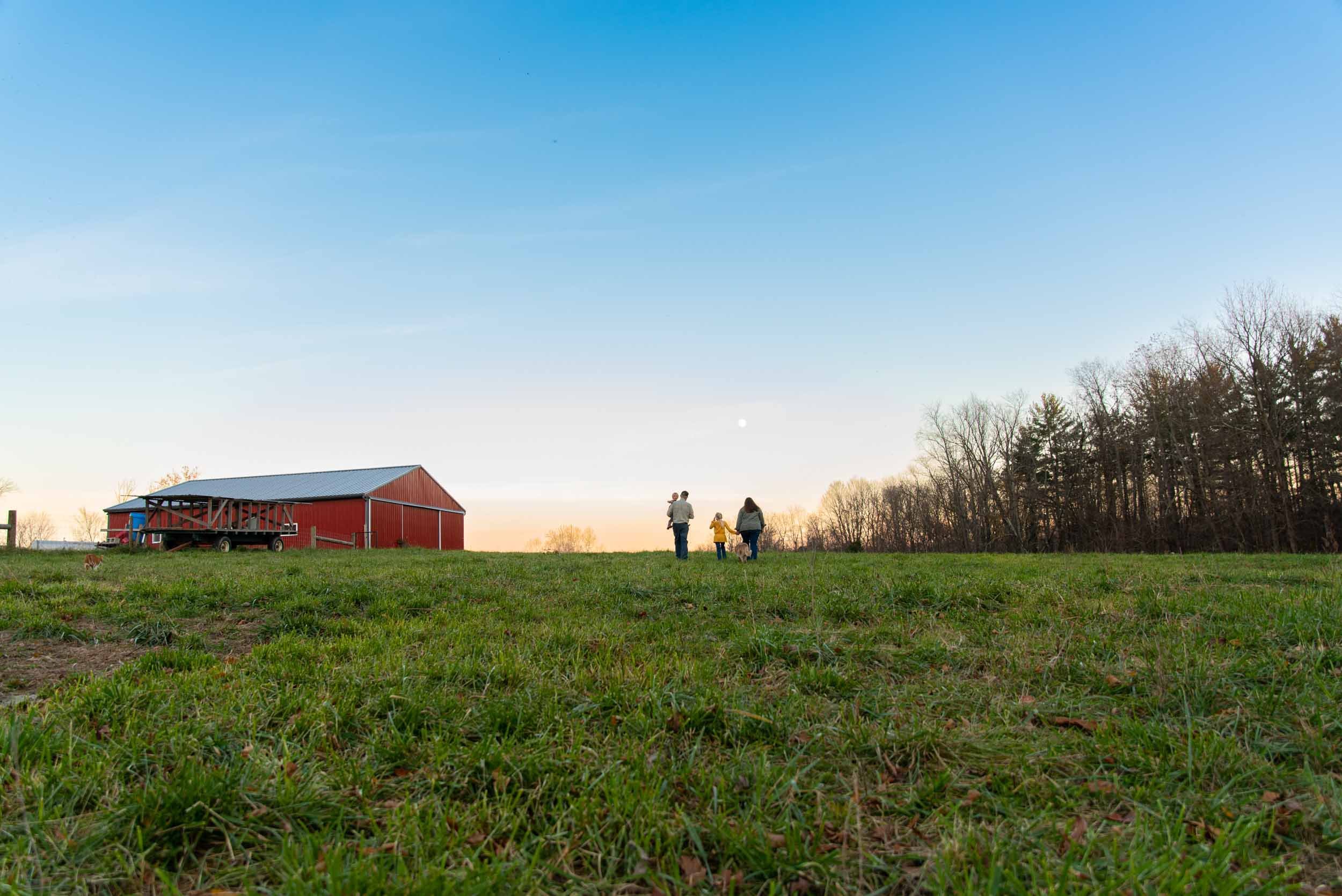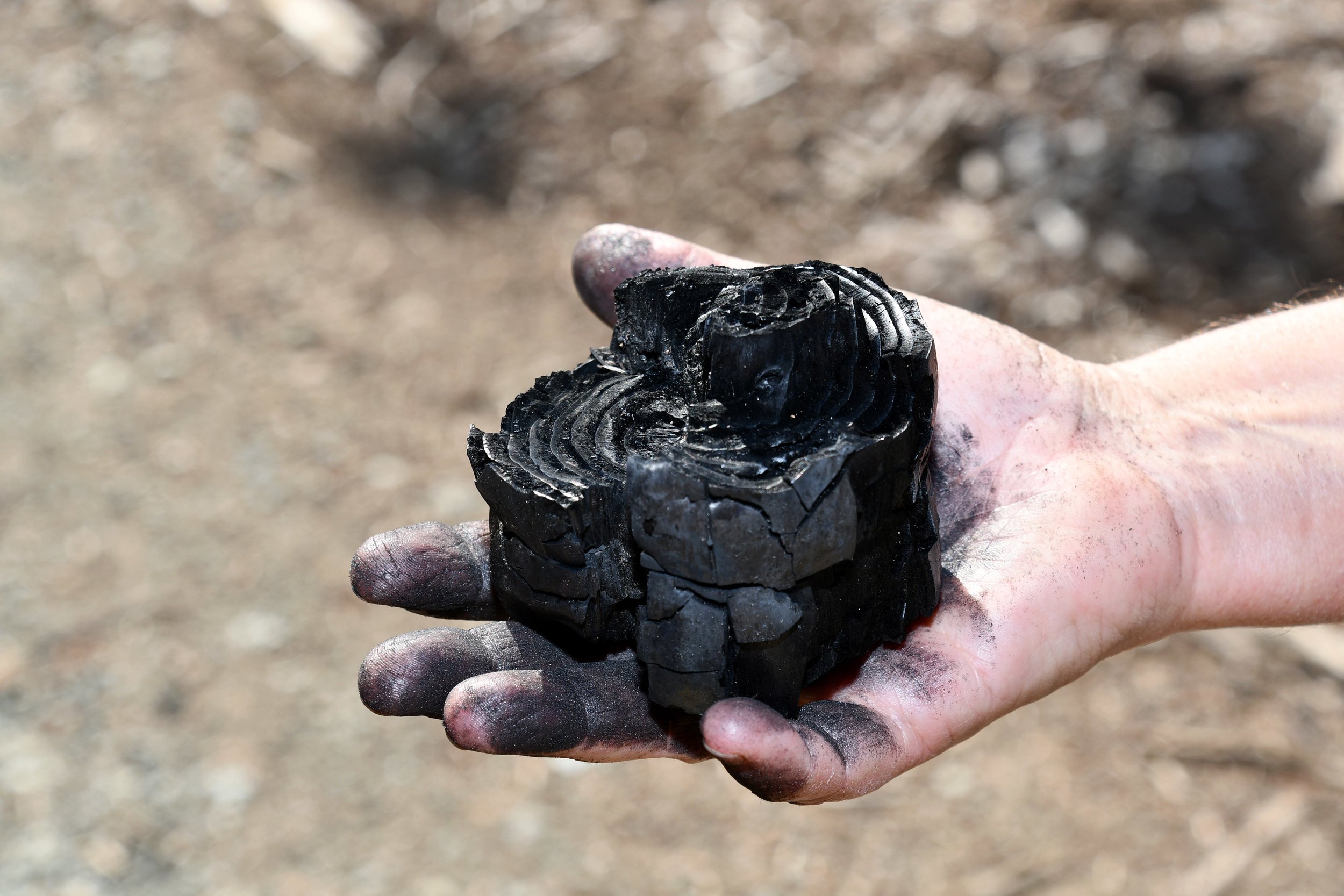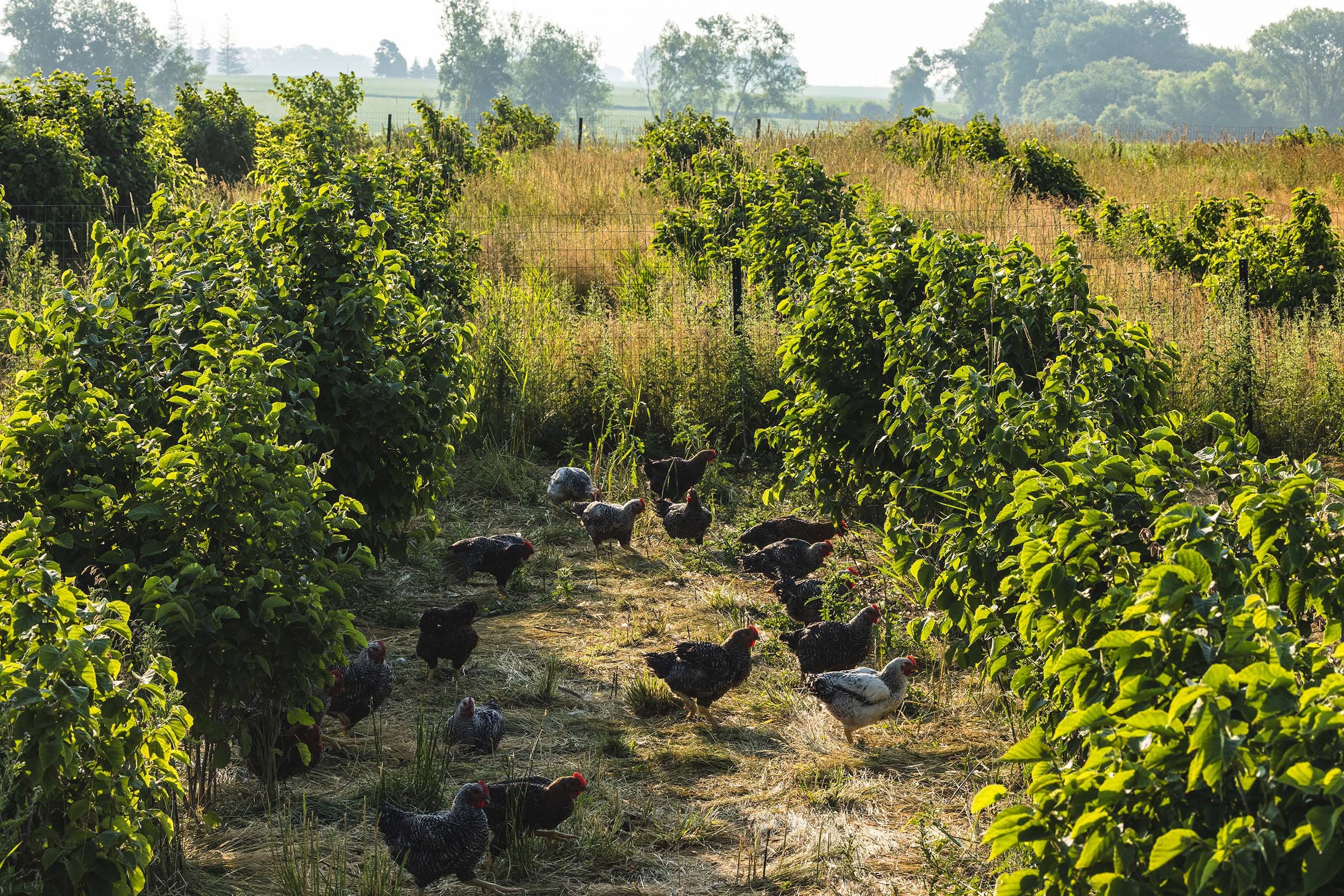Can Farming with Trees Save the Food System?
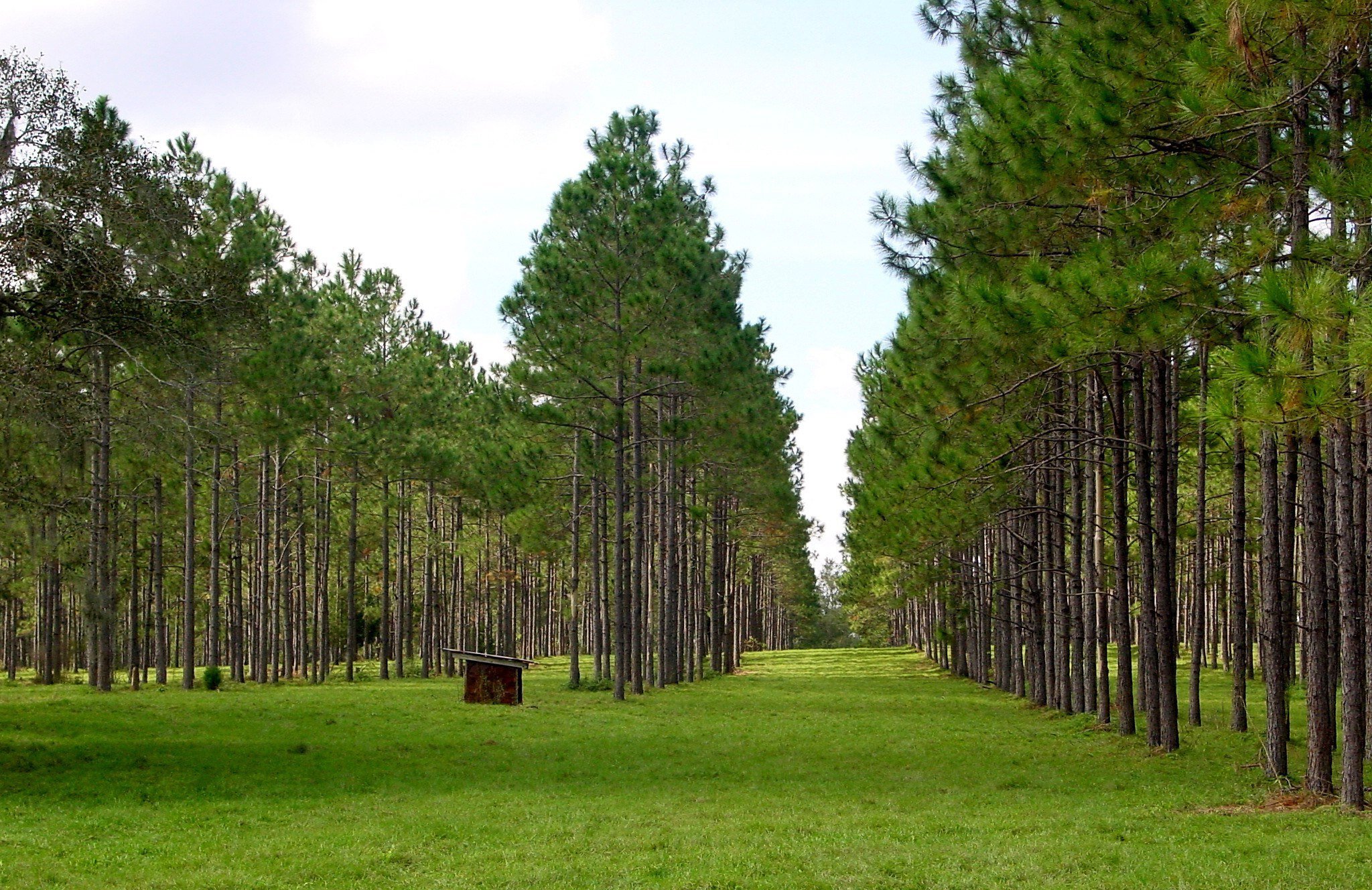
Unprecedented funding is flowing into a broad range of agroforestry practices, which can pull carbon out of the atmosphere and build farm resilience as the climate changes.
Fiddle Creek Dairy sits at the top of one of the endless rolling hills in Lancaster County, Pennsylvania. On the first day of spring, farmer Tim Crowhill Sauder looks from his sloped pastures out over the open fields that extend in every direction. A bright red barn interrupts the long horizon. An Amish farmer rides a plow behind a team of horses. It’s a bucolic picture that belies the landscape’s natural state.
“This was the great Eastern Woodlands,” says Sauder. “It wants to be a forest here.” Centuries ago, Sauder’s Anabaptist ancestors arrived and, instead of learning from and alongside the Native peoples who had already developed techniques to farm within the forest, took the land and cleared the trees to grow crops and graze livestock. Now, Sauder sees its next chapter as both practical action and penance.
“I do it for the sake of my children’s future and for the sins of my ancestors,” he says, of the 3,500 young hybrid willow, honey locust, mulberry, chestnut and persimmon trees that are now maturing slowly in neat rows across 30 acres of pastures. Sauder’s system — where his cows will soon graze among trees instead of in fully open pastures — is called silvopasture. And it’s one of several practices that fall under a broader agricultural approach called agroforestry, or farming with trees…
This article was produced in partnership with Civil Eats.
Photo: Courtesy of USDA
Lisa Held is Civil Eats’ senior staff reporter. Since 2015, she has reported on agriculture and the food system with an eye toward sustainability, equality, and health, and her stories have appeared in publications including The Guardian, The Washington Post, and Mother Jones. In the past, she covered health and wellness and was an editor at Well+Good. She is based in Baltimore and has a master's degree from Columbia University's School of Journalism.


